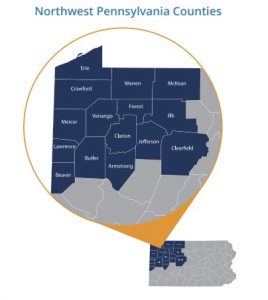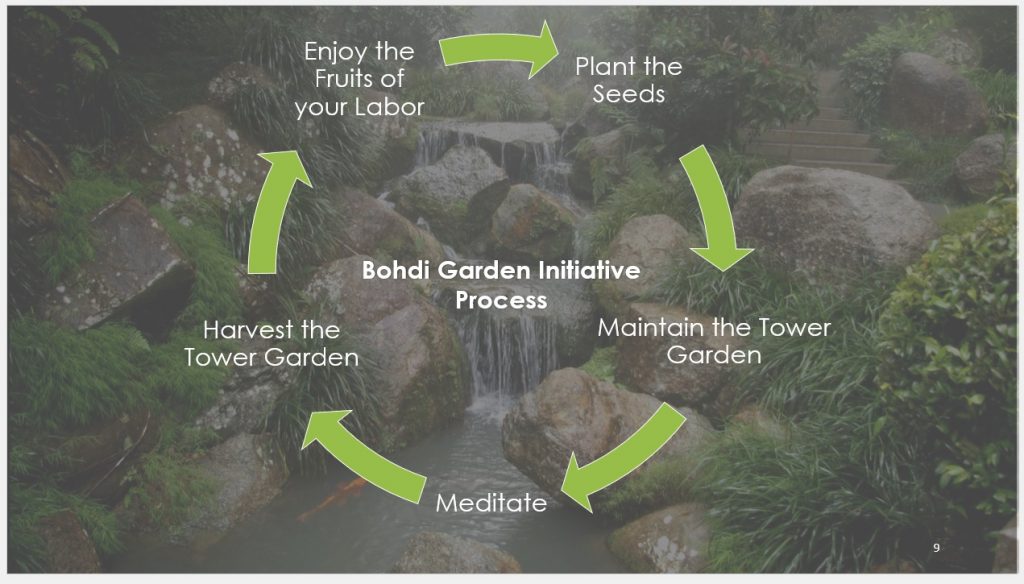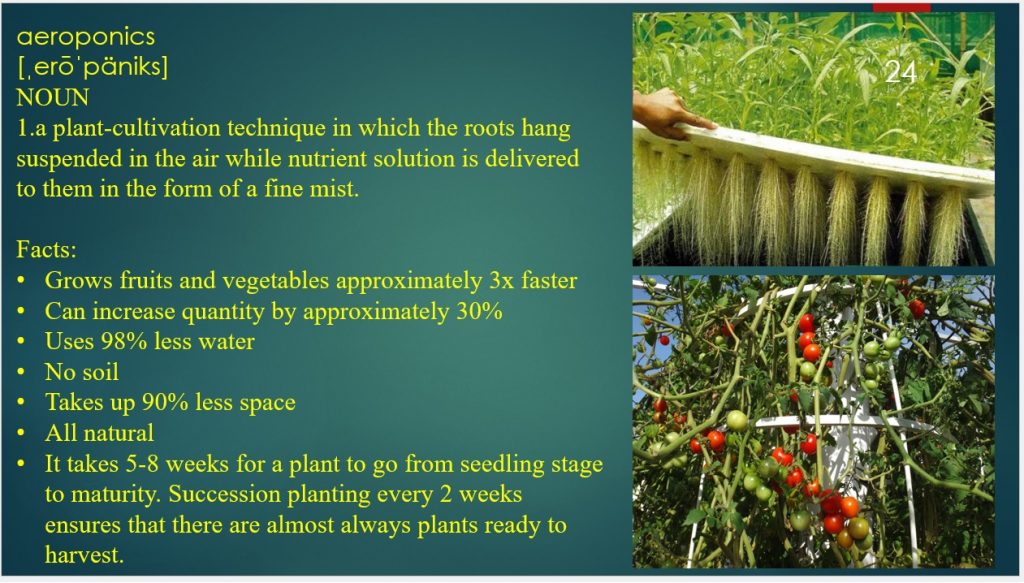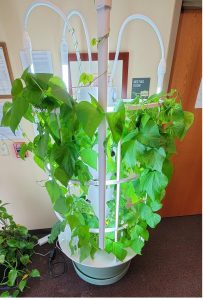Person First: Planting Seeds of Hope in Erie County
 The Northwest Pennsylvania (NW PA) Veteran Suicide Prevention Program operates on a three-pronged approach involving healthcare providers, community organizations, and Veterans and their families in the 15 counties of NW PA. The “Person-First” series chronicles the lived experiences of Veterans committed to reducing suicide deaths of those who have served in the armed forces.
The Northwest Pennsylvania (NW PA) Veteran Suicide Prevention Program operates on a three-pronged approach involving healthcare providers, community organizations, and Veterans and their families in the 15 counties of NW PA. The “Person-First” series chronicles the lived experiences of Veterans committed to reducing suicide deaths of those who have served in the armed forces.
Read time: 5 minutes
Please note this article contains graphic details that may not be appropriate for all readers.
Bodhi Gardens Offers Healing to Those in Need
Mike Shannon was two and a half years into his service in the U.S. Army when he experienced a devastating accident: a parachute training malfunction left him with a severely fractured skull and other bodily injuries. After a long and painful recovery, he received an honorable discharge and went to work for the U.S. Postal Service. But residual pain combined with neurological and cognitive issues resulting from traumatic brain injury led him to seek relief—and obtaining prescription painkillers was easy. Too easy, in fact, and it wasn’t long before he developed alcohol, opioid, and substance use disorders, conditions he battled for nearly a decade before he entered treatment and became drug-free. “I know what it’s like to start over,” he said from his home in Erie County. “I lost ten years of my life, but now I’m ten years sober. I know how hard it is to ask for help, it’s almost taboo to say something is wrong, but I’m fortunate that I had other Vets around me to help get me back to a good life.”
 As part of Mike’s recovery journey, he developed a keen interest in Eastern religions and Buddhism. The principles of nonattachment, emphasis on the natural world, and regular meditation practice appealed to him and helped him connect to a larger community. In time, he decided to return to college and finish his bachelor’s degree at Mercyhurst University in Erie, a decision that proved to be transformational. “It was through an Introduction to Social Work course that I was exposed to the issues of food insecurity, food deserts in low-economic areas, and the power of community farms to help bring food and economic development to people. So, when the time came to create a Senior capstone project, I knew I wanted to work in this area.”
As part of Mike’s recovery journey, he developed a keen interest in Eastern religions and Buddhism. The principles of nonattachment, emphasis on the natural world, and regular meditation practice appealed to him and helped him connect to a larger community. In time, he decided to return to college and finish his bachelor’s degree at Mercyhurst University in Erie, a decision that proved to be transformational. “It was through an Introduction to Social Work course that I was exposed to the issues of food insecurity, food deserts in low-economic areas, and the power of community farms to help bring food and economic development to people. So, when the time came to create a Senior capstone project, I knew I wanted to work in this area.”
Growing up in Northwestern Pennsylvania, gardening and working outdoors was something he always enjoyed, and he tapped into that enthusiasm to create Bodhi Gardens, a non-profit that uses small-scale vegetable farming and horticultural therapy (HT) to help those experiencing mental health issues.
 The initial location of Bodhi’s indoor garden was in the Crisis Residential Unit (CRU) section of UPMC Safe Harbor. CRU offers a five-day residential treatment program for adults with serious mental illness going through a crisis. “This is the technical definition, but to many, it is a steppingstone, a safe haven, or the place that quite literally saved their life,” says Sharon Sandberg, LSW, Program Manager, Crisis Residential Unit/Crisis Services. “CRU is considered a diversion program – meaning it is a diversion from an inpatient hospital stay. Often, those experiencing a mental health crisis think their only option is to be hospitalized, and that is why CRU was developed.”
The initial location of Bodhi’s indoor garden was in the Crisis Residential Unit (CRU) section of UPMC Safe Harbor. CRU offers a five-day residential treatment program for adults with serious mental illness going through a crisis. “This is the technical definition, but to many, it is a steppingstone, a safe haven, or the place that quite literally saved their life,” says Sharon Sandberg, LSW, Program Manager, Crisis Residential Unit/Crisis Services. “CRU is considered a diversion program – meaning it is a diversion from an inpatient hospital stay. Often, those experiencing a mental health crisis think their only option is to be hospitalized, and that is why CRU was developed.”
One of the goals of Bodhi Gardens is for clients to see the relationship between them and the plants. To see that they too can grow from the seeds planted in their heads, just as the plants have grown from the seeds planted in the garden. As part of the initiative’s evaluation, Mike conducted surveys and interviews with staff and clients about their experiences with the garden. Clients overwhelmingly agreed that the presence of a vegetable garden had a calming and uplifting effect on them. One client commented, “When I was getting admitted, that was the first thing that I saw. It was so calming, and it took my attention away from the negative thoughts I was having.”
 Staff at Safe Harbor also agree that the garden’s presence benefits everyone’s mental well-being. As one CRU staff member stated, “…some clients go as far as checking in on the plants daily and even talking to them. They encourage them to grow, and these cases are great to see.” And all agree that a similar indoor vegetable garden would be an excellent addition to a treatment facility, senior living center, or Veterans facility.
Staff at Safe Harbor also agree that the garden’s presence benefits everyone’s mental well-being. As one CRU staff member stated, “…some clients go as far as checking in on the plants daily and even talking to them. They encourage them to grow, and these cases are great to see.” And all agree that a similar indoor vegetable garden would be an excellent addition to a treatment facility, senior living center, or Veterans facility.
With this affirmation in place, Mike is now spreading the word about Bodhi Gardens to residential care facilities throughout the region – and securing the funding he needs for the aeroponic growing equipment. While that will take time, he is hopeful that 2022 will bring more HT to those in need. “I love what I’m doing!” he exclaims. “I’m going to keep moving forward.”
Looking to Get Involved?
 Whether you identify as a healthcare provider, community organization, or Veteran, there are several opportunities through the NW PA Veteran Suicide Prevention Program and PERU to connect to resources, participate in educational training, and promote harm reduction strategies. We are actively recruiting healthcare and community partners to work with us in meeting our goals and objectives. To learn more, visit the program website at theresilientveteran.org.
Whether you identify as a healthcare provider, community organization, or Veteran, there are several opportunities through the NW PA Veteran Suicide Prevention Program and PERU to connect to resources, participate in educational training, and promote harm reduction strategies. We are actively recruiting healthcare and community partners to work with us in meeting our goals and objectives. To learn more, visit the program website at theresilientveteran.org.
Need Help? Know Someone Who Does? Contact the National Suicide Prevention Lifeline at 988 or use the online Lifeline Crisis Chat. Both are free and confidential. You’ll be connected to a skilled, trained counselor in your area.

